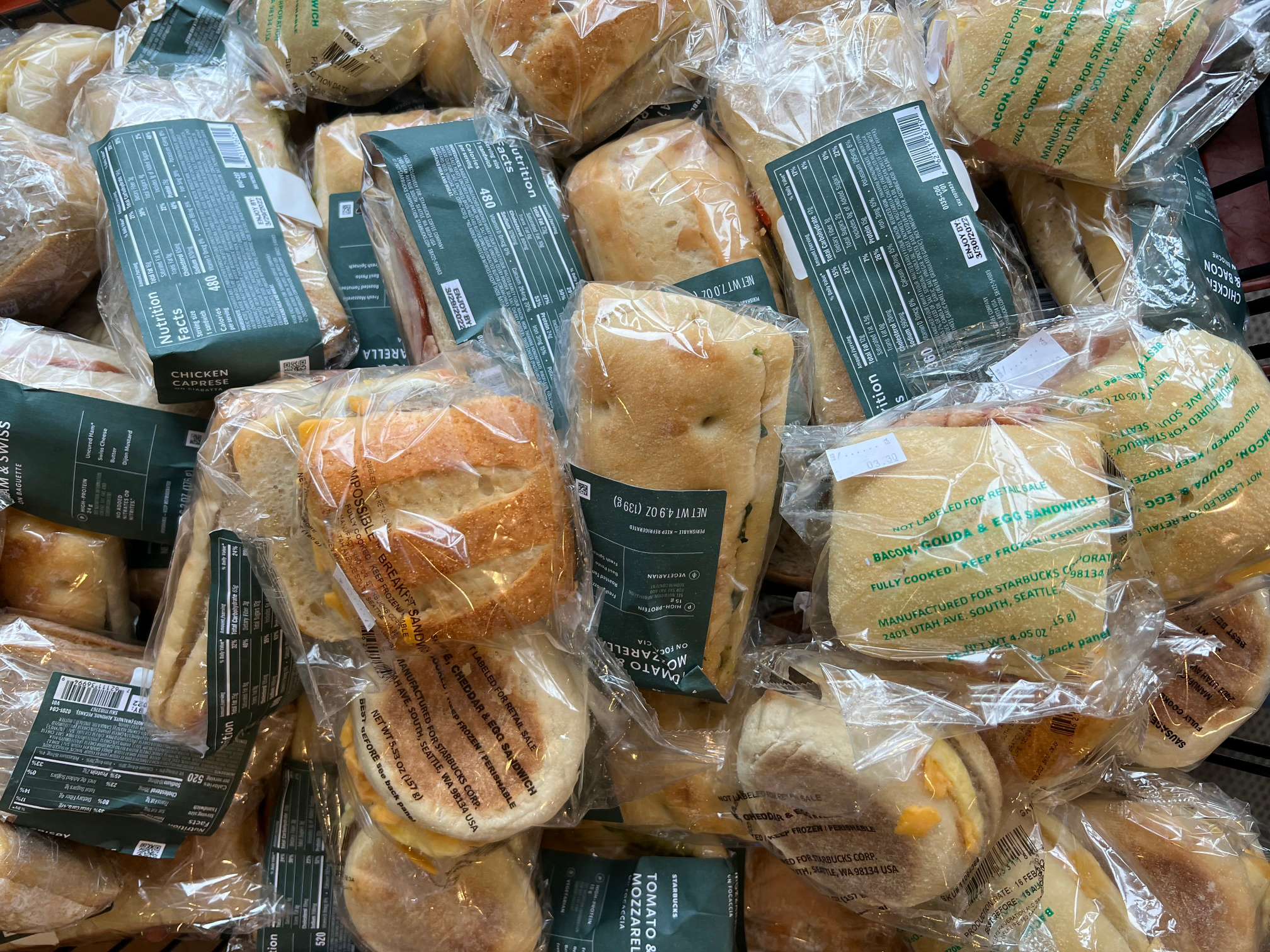Earth Day is April 22, and Stop Food Waste Day is April 27, so it seems like a perfect time to highlight the issue of food waste and the ways that The Friendship Center is working to reduce wasted food while improving service for our clients.
Food waste has enormous environmental, ethical, and economic impacts. According to ReFED, a whopping 35% of all food in the U.S. was either unsold or uneaten in 2019, representing $408 billion worth of food. When food is wasted it also wastes all the land, water, energy, labor, and love that goes into producing it. And when food decomposes in landfills, it generates greenhouse gasses that contribute to climate change. In fact, food waste accounts for 4% of total greenhouse gas emissions in the U.S.
This level of food waste is happening at the same time that 1 out of 6 Americans struggle with food insecurity. Within The Friendship Center’s service territory, 1 in 3 people, or 66,000 of our neighbors, are food-insecure.

While there are many systemic reasons for this disconnect, food waste is a solvable problem. The EPA’s Food Recovery Hierarchy suggests that beyond source reduction (prevention), the best option for reducing food waste is to Feed Hungry People, which, of course, is our mission at The Friendship Center.
The Friendship Center currently rescues and redistributes unsold, high quality food from a handful of local retailers to augment our inventory. Donations include meat, fresh produce, dairy, baked goods , and shelf-stable items.
Even more exciting is that with our new grants from Swedish Covenant Hospital and the Greater Chicago Food Depository, The Friendship Center is currently renovating our facility. Increasing our cold storage capacity and acquiring a new van will allow us to significantly expand our food rescue efforts and increase the amount and variety of culturally-relevant foods we can offer our clients.
Farther down the Food Recovery Hierarchy is composting, which is one more way that The Friendship Center is working to reduce food waste. Composting is a way of recycling food scraps and turning them into a nutrient-rich soil amendment. Foods in our inventory that go past their prime, as well as food scraps from our hot meals prep, are placed in toters out back and collected weekly by a compost collection service.
The Friendship Center is looking forward to expanding our food rescue efforts in the future– for the health of our neighbors and the health of our planet.
– Susan Casey
About the author:
Susan Casey has served on The Friendship Center board since April 2021. She is the Zero Waste Schools Program Manager at the nonprofit Seven Generations Ahead, where she works with K-12 schools to reduce waste. Susan is a member of the Wasted Food Action Alliance and the Illinois Food Scrap Coalition.

